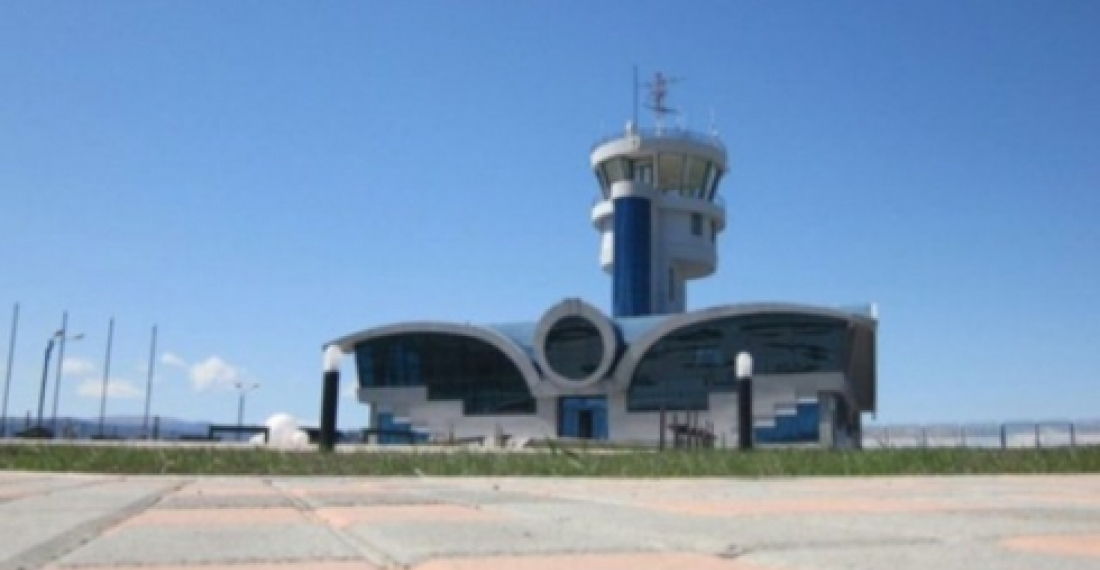The Prime Minister of the self declared Nagorno-Karabakh Republic Ara Harutyunyan said yesterday at a Press Conference in Stepanakert that Stepanakert Airport was ready and that all it needs to start operating was a plane. Harutyunyan said flights may start in March or April. Earlier reports had suggested that a company called "Air Artsakh will fly three SRJ-200 planes. A Stepanakert-Yerevan-Stepanakert ticket will cost around $50-60.
Stepanakert Airport, sometimes also called Khojaly Airport, is a Soviet era facility. Both terminal and airfield were fully refurbished in the last three years. The airport is at a height of 2,001 feet (610 m) above sea level. It has one runway with an asphalt surface measuring 2,178 by 37 metres (7,146 × 121 ft).
The issue of the opening of the airport caused great controversy when it was announced last year since Azerbaijan insists that no flights can be operated to and from the airport without its permission. Arif Mammadov, the director of Azerbaijan’s Civil Aviation Administration warned at the time that according to aviation law flights from Yerevan to Stepanakert are not authorized and may be shot down. Armenian President Serzh Sargsyan condemned the threat to shoot down civilian aircraft dismissing it as "nonsense". Sargsyan also said that he would be the first passenger on the inaugural Yerevan-Stepanakert flight.The Azerbaijani presidential administration condemned Sargsyan's statement as possible provocation on the part of Armenia. A few days later, the spokesman of the Azerbaijani Foreign Ministry, Elkhan Polukhov, declared that “Azerbaijan did not and will not use force against civil facilities.”
The international community would like to see the issue of the airport develop as a confidence building measure rather then a cause for escalation of tension. But this would only be possible if there is progress in the negotiations between Armenia and Azerbaijan on the future of Nagorno-Karabakh and related issues. Media reports this week suggested that the Presidents of Armenia and Azerbaijan will meet in Sochi on 23 January at the invitation of the Russian President. There has been so far no official confirmation of this meeting.
Speaking to a group of Finnish MPs in the Azerbaijani Capital Baku yesterday, the Deputy Foreign Minister of Azerbaijan Khalaf Khalafov criticised the OSCE Minsk Process for its passivity in dealing with the resolution of the Karabakh conflict.
source: commonspace.eu with Arminfo News Agency and News.az
photo: The new terminal at Stepanakert Airport, sometimes known as Khojaly Airport, during its reconstruction last year (archive picture)







